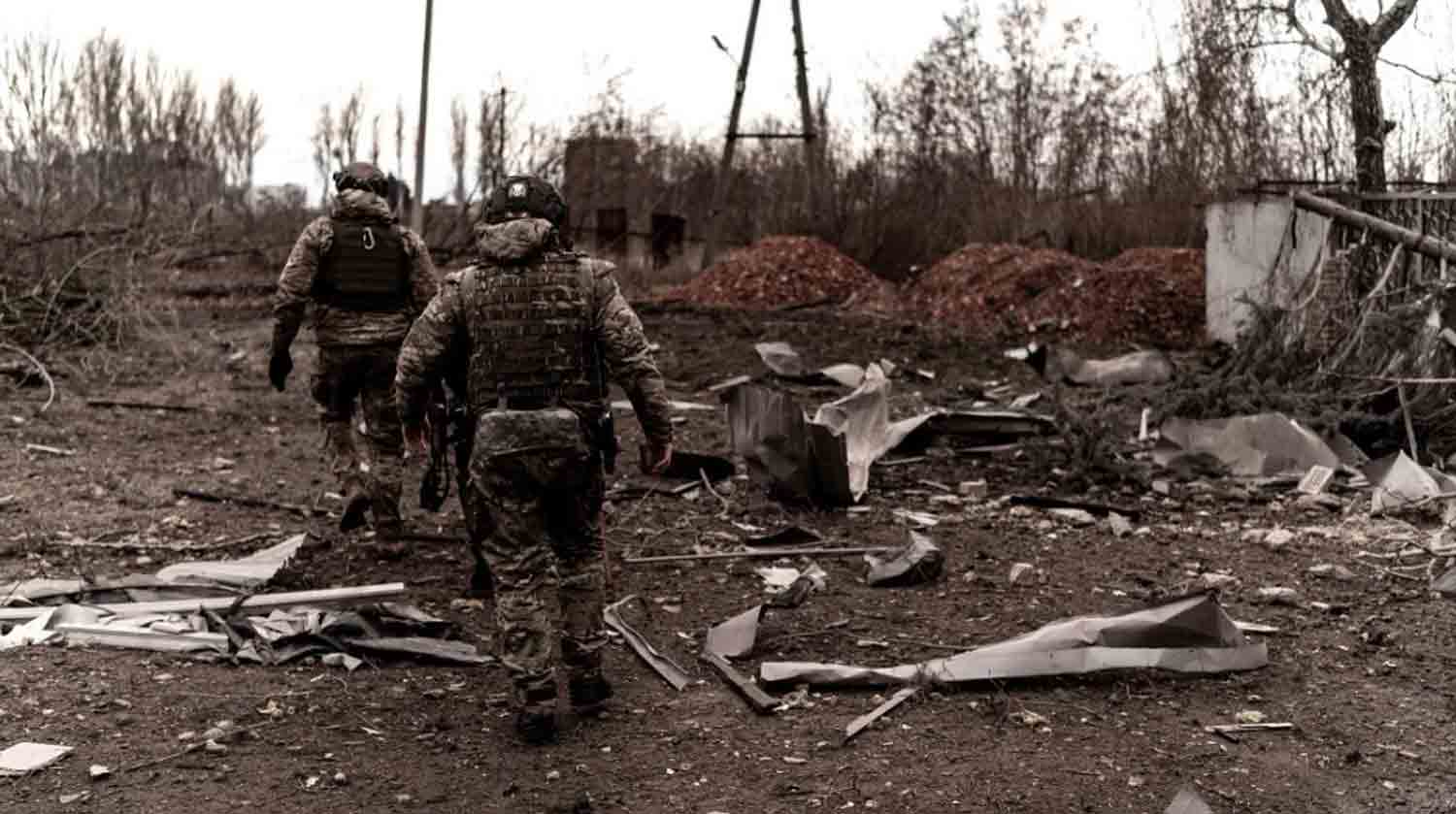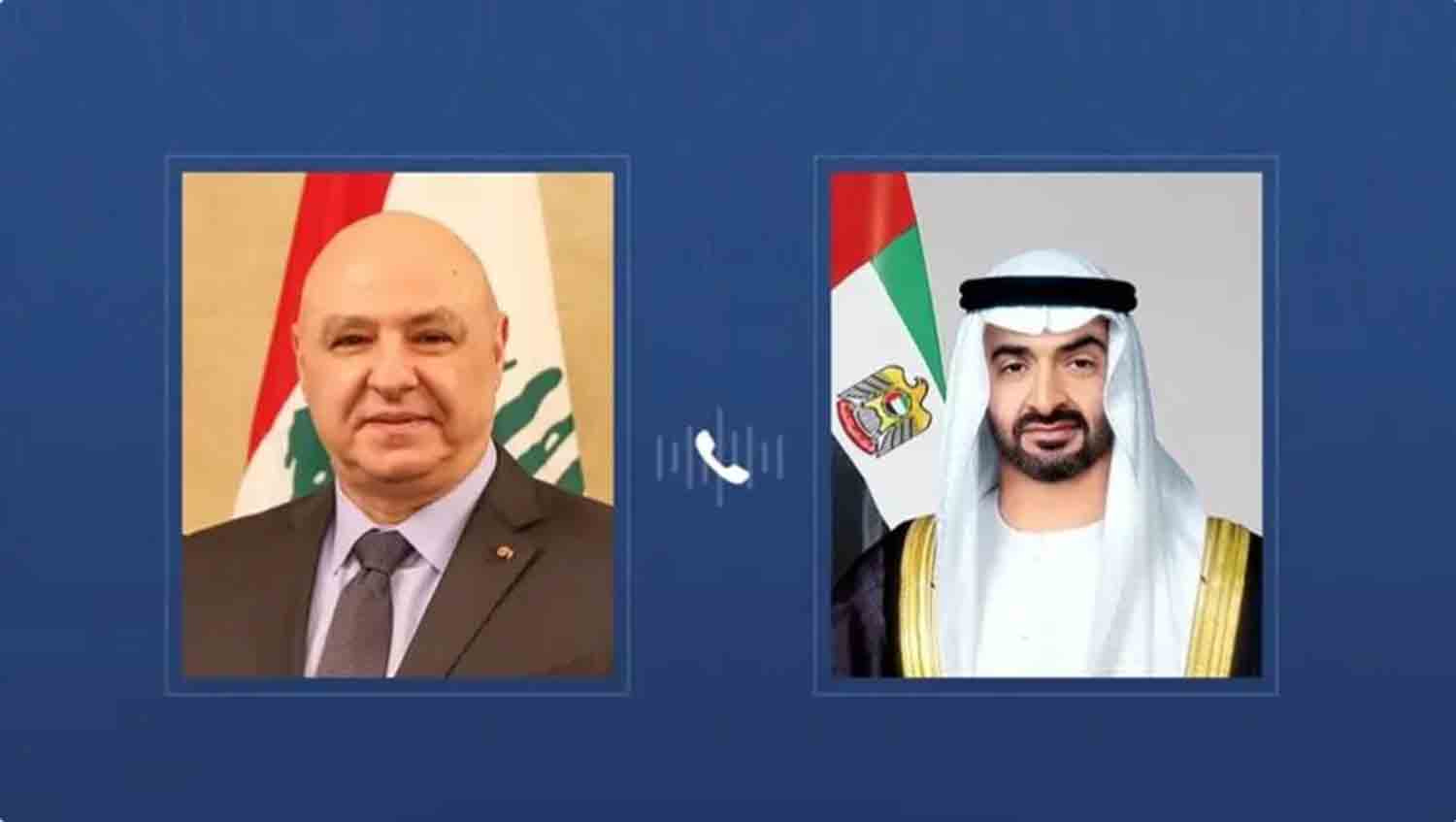As Donald Trump prepares to return to the White House in just a week, Ukraine is facing significant challenges in the months ahead. Its military is struggling against Russian advances along various sections of the extensive frontline, grappling with a shortage of seasoned soldiers and uncertainty regarding the continuation of military aid at current levels.
In Kyiv, officials are closely monitoring communications from both Moscow and Washington, consistently expressing their commitment to achieving a “just peace.” Any aspirations to reclaim territory lost to Russia are currently on hold indefinitely.
Despite suffering substantial losses, Russian troops persistently advance in the Donetsk region, one of four areas that Moscow has unlawfully annexed and aims to fully control. Their daily progress is measured in terms of territory gained, inching closer to the region’s industrial core.
Open source analysts from WarMapper report that Russia currently occupies just over 18% of Ukraine, which includes Crimea and parts of Donetsk and Luhansk captured prior to 2022. In December alone, Russian forces expanded their control by approximately 150 square miles (400 square kilometers).
Ukrainian forces in the east are significantly outnumbered. A commander noted this week that small units of Russian infantry are launching attacks from multiple directions simultaneously, complicating the ability of Ukrainian troops to focus their fire effectively.
Mick Ryan, who authors the blog Futura Doctrina, states, “While the balance of tactical fires, drones, and long-range strikes does not significantly favor either side, manpower remains the critical factor distinguishing Russia from Ukraine.”
Russian forces are currently positioned approximately 3 miles (5 kilometers) from the center of Pokrovsk and have gained control over Kurakhove and parts of Toretsk, as indicated by geolocated footage.
A commander from a Ukrainian battalion near Pokrovsk reported an increase in shelling and glide-bomb attacks by Russian troops in the area.
Military spokesperson Viktor Tregubov informed Ukrainian television that combat is ongoing around Kurakhove, with Ukrainian forces maintaining their position at the power plant. He emphasized that while Russian troops have not fully captured the town, significant portions have been devastated.
Analysts Keith D. Dickson and Yurij Holowinsky noted that the Russian strategy of attrition remains consistent, suggesting that the enemy will eventually be worn down by the relentless advance of Russian forces.
Kyiv’s objective is to protect the territories it still controls. During a recent meeting with allies in Germany, Ukrainian Defense Minister Rustem Umerov stated that Ukraine’s key priorities for this year include stabilizing the front lines and enhancing its defensive capabilities.
Members of the Contact Group have pledged over $126 billion in security support to Ukraine in the last three years. Additional commitments were made in Germany this week, including the provision of 30,000 drones over the coming year and more air defense systems.
US Defense Secretary Lloyd Austin stated on Friday that the coalition must remain steadfast in its support for Ukraine and work to enhance Ukraine’s position for future negotiations that will ultimately bring an end to Putin’s devastating war.
The timing of this resolution remains uncertain. Regarding the forthcoming Trump administration, Austin remarked, “I won’t speculate on which direction they would go in.”
German Defense Minister Boris Pistorius raised concerns that the new US administration might halt the Contact Group meetings, suggesting that if this occurs, an alternative format will need to be established.
Currently, the prospect of negotiations to resolve the conflict appears bleak.
“The reason is straightforward. Moscow is not prepared to make any concessions. It is pursuing victory, not a stalemate,” Arkady Moshes wrote in 19FortyFive.
“Victory must be evident, whether achieved on the battlefield or at the negotiating table. In Putin’s perspective, Ukraine must be defeated, and the West must publicly acknowledge both Ukraine’s defeat and its own,” Moshes continued.
Potential peace talks
Regarding potential peace negotiations, Trump’s Ukraine envoy, former US general Keith Kellogg, expressed optimism last week about formulating a viable and lasting resolution to the conflict within 100 days. Trump had previously claimed during his campaign that he could halt the fighting within 24 hours of taking office, but more recently indicated he hopes to achieve this within six months, or even sooner.
The alignment of the Kremlin’s steadfast objectives with the plans of the incoming Trump administration remains uncertain.
Ryan, the blogger from Futura Doctrina, asserts that Putin is determined to ensure the failure of the 100-day objective, believing he currently holds the upper hand in the conflict and has no pressing incentive to engage in negotiations.
Ukrainian President Volodymyr Zelensky has not provided clear details on what terms would be acceptable for Ukraine. He stated on Friday, “We will undoubtedly stand firm and achieve a lasting peace for our people and our country.”
Zelensky’s main focus is to present Ukraine’s position directly to Trump. On the same day, Foreign Ministry spokesman Heorhii Tykhyi indicated that Ukraine is preparing for discussions at the highest levels.
“Our position is unequivocal: the people of Ukraine desire an end to the war on terms that are just for Ukraine.”
Central to any agreement for Kyiv would be immediate assurances that a ceasefire can be effectively monitored, along with long-term guarantees to prevent Putin from exploiting a ceasefire to regroup and resume hostilities.
This would necessitate “substantial investment in airpower, ballistic missile defense, and a fully equipped, NATO-standard heavy division,” according to Dickson and Holowinsky. They further emphasize that “Zelensky must adopt a strategic long-term perspective, recognizing that the lost territories are akin to a gangrenous limb that must be severed to preserve the healthy body.”
At a minimum, Moscow will insist that Ukraine relinquish the territories it has lost and forgo its aspirations to join NATO, which Trump views as a provocation to Russia.
Instead, Kyiv will need to negotiate alternative guarantees, as Zelensky mentioned in a recent interview on Italian television, that would “prevent Russia from returning with aggression.”
However, the Kremlin is expected to demand significantly more.
Kyiv is anticipated to agree to significant restrictions regarding the size of its military and the types of weaponry it can maintain. According to Serhii Kuzan from the Atlantic Council, these proposals do not constitute a viable path toward a lasting resolution.
Moscow has not indicated any willingness to relinquish its maximalist stance on the complete annexation of the four regions it claims. Kuzan points out that this would necessitate the transfer of substantial areas of unoccupied Ukrainian land, including the city of Zaporizhzhia, which has a population of approximately 750,000.
Currently, both the White House and various analysts perceive a lack of willingness from either party to initiate discussions. US National Security spokesman John Kirby recently stated, “There is no expectation now that either side is ready for negotiations.”
Although both the Kremlin and former President Trump have signaled a willingness to engage in a summit, Russian commentator Giorgy Bovt warns that any premature attempts to facilitate negotiations regarding the Ukraine conflict could be detrimental.
Bovt cautioned on Telegram, “If the meeting occurs too soon, before the conditions for peace are established, it may cause more harm than good. This could result in an escalation of tensions. Meanwhile, both sides remain focused on continuing the conflict, without acknowledging that their resources are stretched.”
Discover more from Defence Talks | Defense News Hub, Military Updates, Security Insights
Subscribe to get the latest posts sent to your email.





